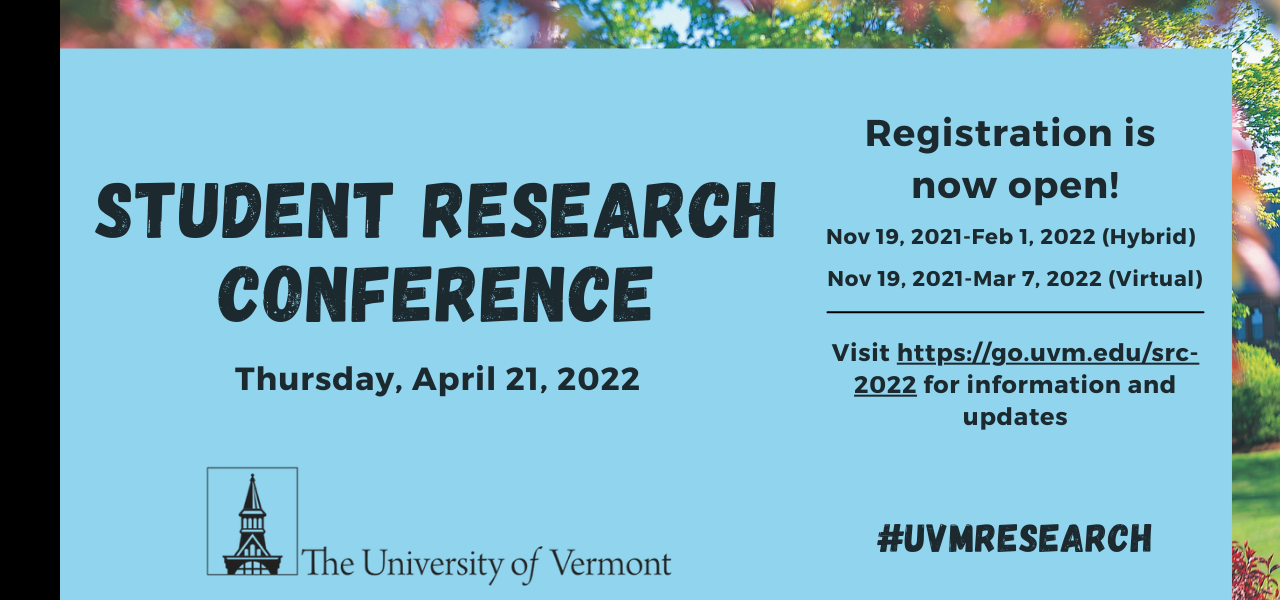Evaluating Extreme Heat Knowledge, Perception, Capacity, and Vulnerability Among Vermonters
Abstract
“The focus has been so long on global climate change that we forget about the local effects.”
–Richard Tol, 2017 (Reuters)
This research addresses the gap in the field regarding the perception of extreme heat in more rural, high-latitude communities such as ones found in Vermont. Through both cross-sectional and longitudinal survey methods, we aim to identify where, why, and for whom does extreme heat vulnerability exist. Upon completion, we will apply several frameworks in order to understanding barriers in mitigating risk of the leader in weather-related mortality of the past three decades.
Primary Faculty Mentor Name
Gregory Rowangould
Status
Graduate
Student College
College of Engineering and Mathematical Sciences
Program/Major
Environmental Engineering
Primary Research Category
Engineering & Physical Sciences
Evaluating Extreme Heat Knowledge, Perception, Capacity, and Vulnerability Among Vermonters
“The focus has been so long on global climate change that we forget about the local effects.”
–Richard Tol, 2017 (Reuters)
This research addresses the gap in the field regarding the perception of extreme heat in more rural, high-latitude communities such as ones found in Vermont. Through both cross-sectional and longitudinal survey methods, we aim to identify where, why, and for whom does extreme heat vulnerability exist. Upon completion, we will apply several frameworks in order to understanding barriers in mitigating risk of the leader in weather-related mortality of the past three decades.


